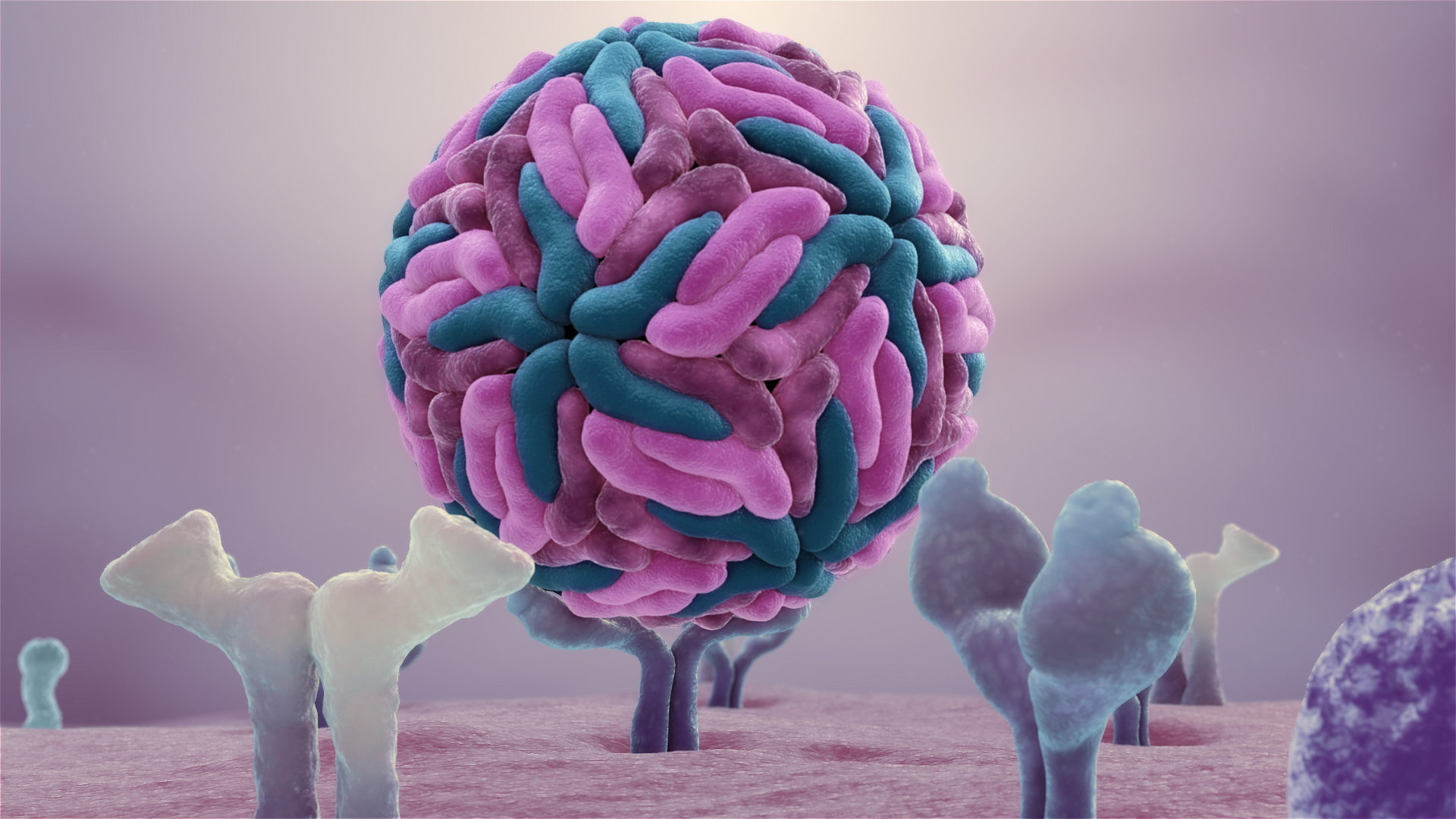The Zika virus has reportedly distressed 60 countries and territories worldwide and currently there are no vaccines or effective drug treatments for it. Early-stage trials to examine whether an experimental vaccine is safe and generates immune responses in vaccinated volunteers are still on. A safe and effective, fully licensed Zika vaccine will likely be available only after several years.
Much has already been talked about the Zika virus which spreads primarily through bites from infected Aedes aegypti mosquitoes, and in addition, can be transmitted through sexual contact and from mother to child. It is also associated with neurological diseases such as Guillain-Barré syndrome in infected adults and microcephaly in infants.
The Solution lies in the Structure
The structure of the Zika virus is being closely examined by the researchers in order to:
- map the potential regions that could be targeted by a therapeutic treatment,
- know the elements which may be used to create an effective vaccine, and
- improve the ability to diagnose and distinguish Zika infection from that of other related viruses.
While the development of effective vaccines is awaited for this global health threat, the good news is that the quest of identifying a solution is not only driving forward a Zika cure, it is also accelerating our understanding of translational therapies.
Zika apparently targets the cells that are responsible to form new neurons in the brain and inhibits their functioning, consequently causing brain defects in newborns, and putting infected adults at risk of memory and mood disorders.
Some Recent Developments
National Center for Advancing Translational Sciences (NCATS) in collaboration with Johns Hopkins University (JHU), Baltimore and Florida State University (FSU), Tallahassee, recently tested three strains of Zika: Asian, African and Puerto Rican and identified compounds that could potentially be employed to inhibit the replication of virus as well as mar its ability to damage brain cells.
The two classes of existing drugs that seem to protect human brain cells from the viral attack are: emricasan, an investigational drug presently being evaluated in a clinical trial to reduce liver injury and fibrosis, and niclosamide, a FDA-approved drug to treat worm infections in humans.
In addition, the researchers identified 9 inhibitors of cyclin-dependent kinase (CDK) usually involved in regulation of cellular processes as well as normal brain development, which the Zika virus can negatively affect.
These compounds, singularly, are either antiviral, i.e, effective in inhibiting the replication of Zika (niclosamide and CDK inhibitors), or used in preventing the virus from killing brain cells (emricasan). However, the research team found that emricasan, when combined with one of the nine CDK inhibitors, prevented both cell death as well as viral multiplication. In addition, the team noted that the CDK inhibitors may be useful in treating non-pregnant patients who face an increased risk of Guillain-Barré syndrome and other conditions sparked by Zika infection.
However, the use of these drugs during pregnancy is still a matter of concern and needs to undergo several clinical trials.
It’s a long road ahead
The screening effort by NCAT has enabled the broader research team to translate their earlier discoveries to develop treatments for Zika virus infection. JHU is working on a mouse model to study the neuroprotective effects of the compounds identified from the screen and studying the mechanism of action of the lead compounds. FSU is testing the efficacy of these compounds in a Zika virus mouse model and is also studying the mechanism of action of the lead compounds.
References:
10 Solid links between the Zika Virus and Neurological Defects
While the world waits for proof that Zika Virus (ZIKV) causes neurological defects, most notably, microcephaly in children, the circumstantial evidence is mounting. Many empirical, scientific and even theoretical linkages exist between Zika fever and neurological complications. Read More..









